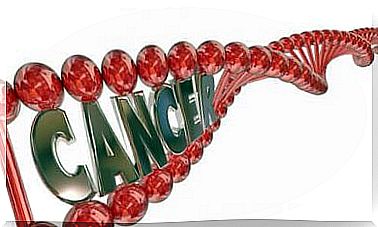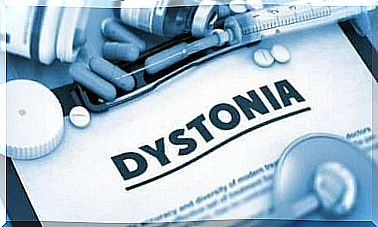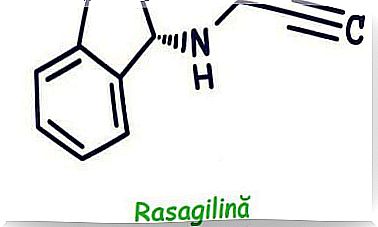Excessive Use Of Apple Cider Vinegar

Some people are not fully aware of the possible side effects of excessive use of apple cider vinegar. Although people attribute many health benefits to this product, its use in large quantities can lead to unwanted reactions that can be dangerous.
To date, there is insufficient evidence on the safety and efficacy of this natural ingredient. For this reason, although we can include it in our diets, experts recommend a moderate and occasional consumption.
Want to know more about excessive use of apple cider vinegar? Read more!
What is apple cider vinegar?
Apple cider vinegar is an organic product obtained by fermenting apples with yeast. During the process, the yeast turns apple sugars into alcohol. Then, by adding bacteria, the alcohol ferments and turns into acetic acid with a concentration of 5 to 6%.
This acid is classified as “weak acid”, and this aspect is responsible for many of the beneficial effects of vinegar. The product also contains water and other micronutrients.
According to research published in Critical Reviews in Food Science and Nutrition, acetic acid contained in apple cider vinegar accelerates lipid metabolism and decreases the risk of obesity and type 2 diabetes. So why shouldn’t it be consumed in excess?

Excessive use of apple cider vinegar
Although it is known to be a healthy product, excessive use of apple cider vinegar can trigger significant side effects. Because of this, you should always act with caution, avoiding too high doses. It is also best to dilute it in water if possible.
So what side effects can excessive use of apple cider vinegar have?
Some people find apple cider vinegar to be irritating and can cause stomach upset. Although studies associate acetic acid with an increased feeling of satiety, several hypotheses suggest that this effect is a result of the indigestion it causes.
In a controlled study published in the International Journal of Obesity, a group of people consumed a drink containing 25 ml of apple cider vinegar. Eventually, they reported a low appetite, but also an unpleasant feeling of nausea.
To date, there are not enough controlled studies on the relationship between apple cider vinegar and blood potassium levels. There is not enough research on its alleged link to bone loss. However, there is a published case report mentioning such effects.
This case study was published in Nephron. A woman who consumed large amounts of apple cider vinegar for a long time ended up being hospitalized with low potassium levels and changes in blood chemistry.
The woman consumed about 250 milliliters of apple cider vinegar diluted in water for over 6 years. The diagnosis showed osteoporosis and destruction of bone minerals. Doctors also determined that excess acetic acid could reduce the formation of new bone tissue.
Excessive consumption of acidic foods and beverages causes damage to tooth enamel. Although much research has been done on the effects of soft drinks and fruit juices, there is also evidence of damage to enamel caused by acetic acid.
An article in the medical journal Clinical Laboratory states that vinegar can cause a loss of dental minerals between 1% and 20% four hours after ingestion. However, the study was done in a laboratory and not on humans, in which case saliva could help alleviate acidity.
In any case, the general recommendation is to avoid direct exposure of the teeth to pure undiluted apple cider vinegar.
Excessive use of apple cider vinegar can cause burns to the esophagus. This was the conclusion of a study published in the Pediatric Act, which observed the effects of fluids accidentally ingested by children.
Researchers have established that acetic acid in vinegar is the most widely used acid that causes burns in the throat. Therefore, they called it a “strong caustic substance” that should not be left out of reach of children.

Some people claim that applying apple cider vinegar to the skin has certain benefits. However, its excessive and undiluted application seems to have the opposite effect.
In a case report published in the Journal of Clinical and Aesthetic Dermatology, a 14-year-old woman suffered nose injuries after following a protocol discovered on the Internet with this product. In another case, a 6-year-old boy suffered burns to his legs after his mother applied apple cider vinegar to him to fight an infection.
These risks appear to decrease after diluting the vinegar with water. However, a small test of the product is recommended before using it on large areas of skin.
Excessive use of apple cider vinegar
The key to preventing these unwanted effects of apple cider vinegar is to avoid its excessive use. So far, in moderate amounts, experts believe that apple cider vinegar is safe and beneficial for most people.
However, it is best to consult a doctor before you start using it regularly. Remember that it can sometimes interact with certain drugs. Because of this, you should avoid using apple cider vinegar if you are currently taking medication prescribed by your doctor.









